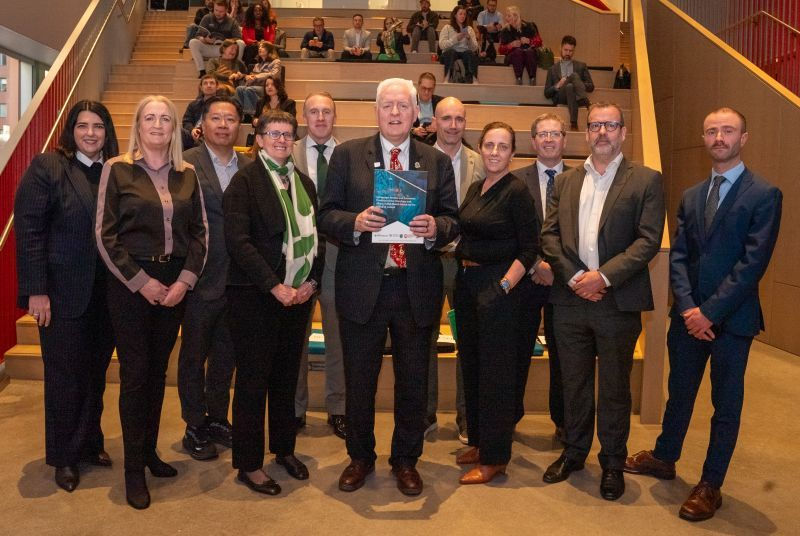Unconscious Bias in Recruitment
- Seán Carter

- Jun 27, 2023
- 3 min read
In today's highly competitive job market, organisations strive to attract top talent and build diverse teams to drive innovation and success. However, a persistent challenge in recruitment is the presence of unconscious bias. Unconscious bias refers to the unintentional and automatic biases that affect our judgments and decision-making processes. In this blog post, we will explore the concept of unconscious bias, its detrimental impact on recruitment, and strategies that executive search firms can employ to mitigate and overcome these biases.
What is Unconscious Bias?
Unconscious biases are ingrained attitudes and stereotypes that influence our perceptions, actions, and decisions without our conscious awareness. These biases are shaped by societal norms, personal experiences, and cultural influences. They can manifest in various forms, such as gender bias, racial bias, age bias, and affinity bias.
Why is Unconscious Bias a Problem in Recruitment?
Unconscious bias poses significant challenges in the recruitment process, hindering organisations' ability to build diverse and inclusive teams. Here are a few reasons why unconscious bias is problematic in recruitment:
Limiting Diversity: Unconscious bias can result in homogenous hiring practices, favouring candidates who resemble the existing workforce. This perpetuates a lack of diversity and stifles innovation and creativity within organisations.
Inequitable Opportunities: Bias in recruitment leads to unequal opportunities for underrepresented groups, preventing them from accessing higher-level positions and contributing their unique perspectives to decision-making processes.
Negative Organisational Impact: Failure to address unconscious bias erodes employee morale and engagement. It can also damage a company's reputation as a fair and inclusive employer, deterring potential candidates from applying.
How Can You Avoid Unconscious Bias?
To overcome unconscious bias in recruitment, executive search firms must adopt proactive strategies and promote inclusive hiring practices. Here are some effective approaches to consider:
Raise Awareness: Develop training programs to educate recruiters and hiring managers about unconscious bias, its impact, and the importance of diversity in the workplace. Encourage self-reflection and provide resources to help individuals identify and challenge their biases.
Standardise the Recruitment Process: Establish clear and objective selection criteria and interview guidelines that focus on job-related qualifications. Structured interviews, scoring rubrics, and blind resume screening can minimise the influence of bias and increase fairness.
Diversify Recruitment Networks: Expand the pool of potential candidates by leveraging diverse networks, industry events, and professional associations. Partner with organisations that specialise in promoting underrepresented talent to ensure a broad range of candidates are considered.
Implement Blind Hiring Practices: Remove identifying information such as names, gender, and age from resumes and application materials during the initial screening process. This allows recruiters to focus solely on candidates' qualifications, skills, and experience.
Establish Diverse Interview Panels: Ensure that interview panels consist of a diverse group of individuals who bring different perspectives to the evaluation process. This approach reduces the likelihood of bias and encourages inclusive decision-making.
Monitor and Evaluate: Regularly review recruitment data to assess the effectiveness of diversity initiatives and identify areas for improvement. Track key metrics such as applicant demographics, interview outcomes, and retention rates to measure progress and make data-driven decisions.
Unconscious bias in recruitment poses significant challenges for executive search firms striving to build diverse and inclusive teams. By recognising the existence of unconscious bias, raising awareness, and implementing proactive strategies, organisations can create a fairer and more equitable recruitment process. Overcoming unconscious bias is not only crucial for attracting top talent but also for fostering an inclusive culture that drives innovation, creativity, and long-term organisational success.




Comments